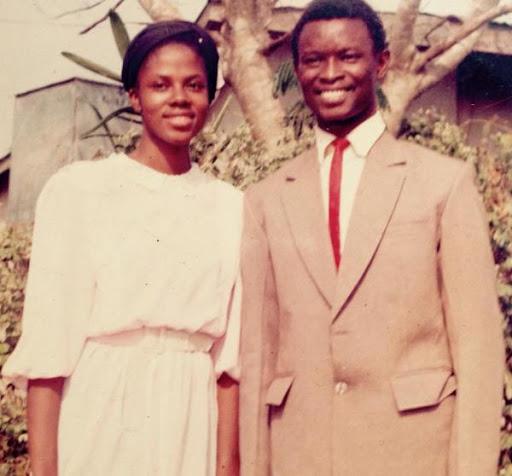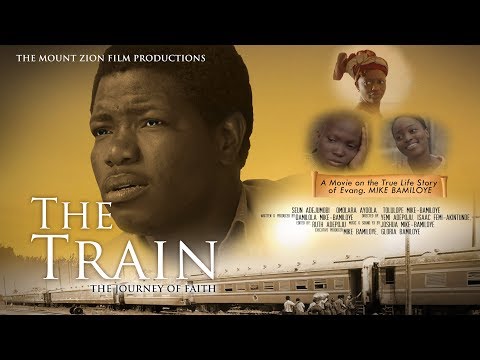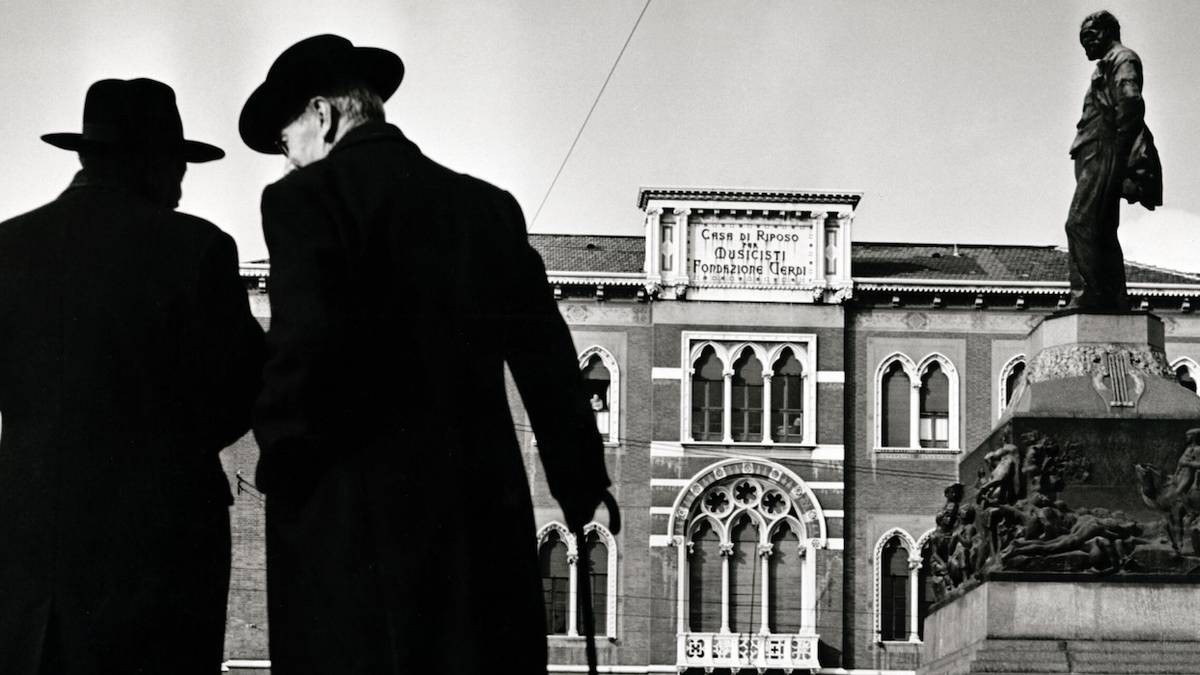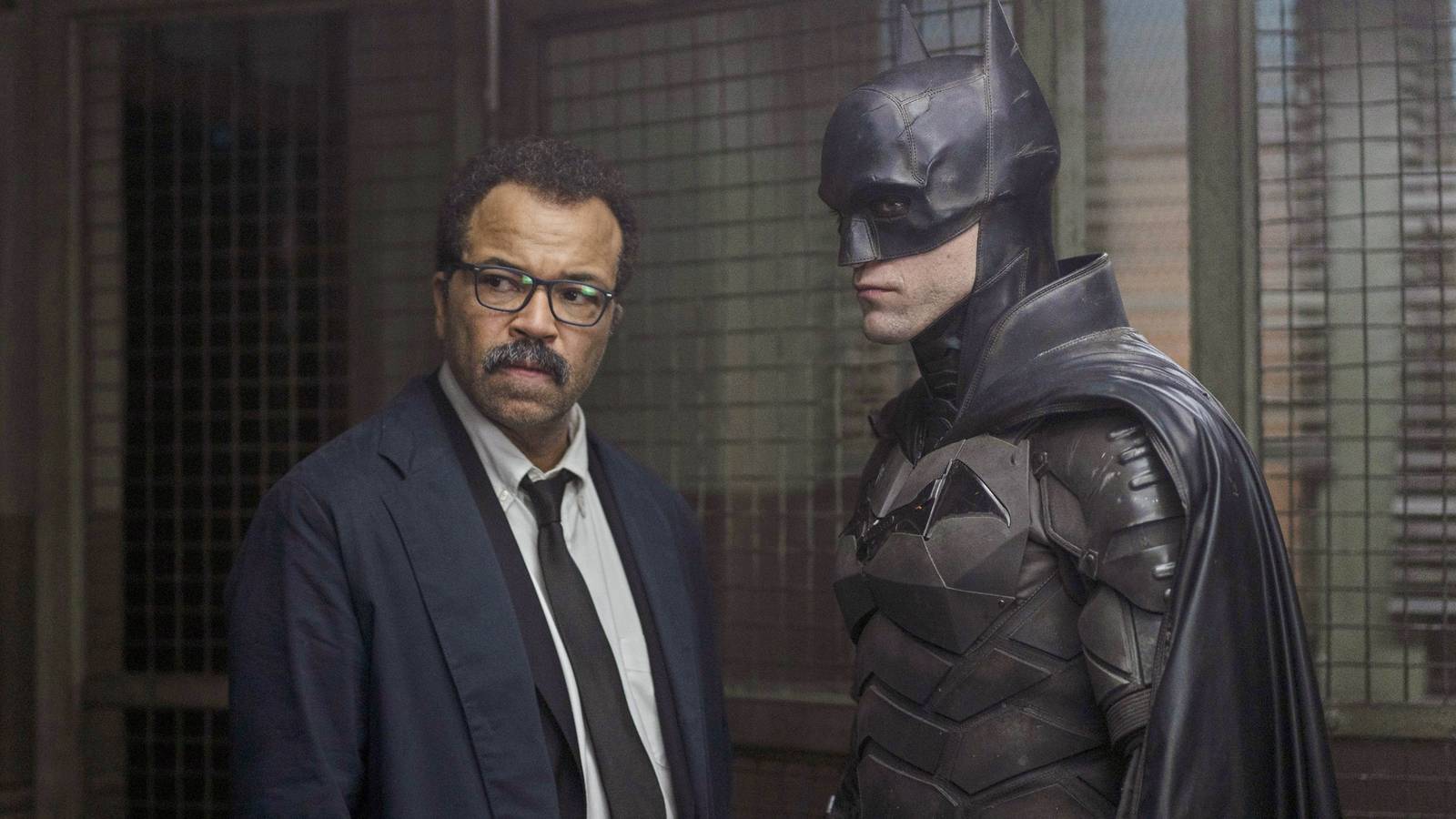The Mount Zion Revolution: A Story of Faith and Film

In the late 1980s, when the Nigerian film industry was still in its infancy, a quiet revolution began in the modest living room of a pastor and his wife in Ile-Ife. There were no fancy sets, no multimillion naira budgets or celebrity endorsements. They started with just faith, a camera, and a conviction that film could be more than just entertainment, it could be a ministry.
From that humble beginning, Mount Zion Faith Ministries was born, founded by Mike and Gloria Bamiloye. Now, decades later, what began as grainy VHS recordings of Christian dramas has evolved into a full-blown cinematic movement, touching hearts, influencing our generation, and redefining what Christian film means in Africa.
But how did Mount Zion go from stage plays in church halls to commanding global attention on streaming platforms? And what does this say about faith and creativity in today’s world?
The Birth of a Vision
Long before Nollywood became a cultural phenomenon, the Bamiloyes were already telling stories with eternal weight. The ministry officially began in 1985, the inception date being August 5, 1985. It started when Mike Bamiloye, then a student at the College of Education, Ilesa, felt a call to evangelize through drama. His proposal to use Christian theatre as a tool for ministry was met with skepticism. Even his future wife, Gloria Obembe, initially declined his proposal, unsure how one could build a life from drama ministry. However, as history shows, conviction has a way of defying the conventional.

With a small team of passionate believers, Mike and Gloria began writing, directing, and performing plays that would later evolve into recorded films. Their first drama, Hell in Conference (1986), was performed at St. Margaret Girls Grammar School, Ilesha during the first Nigerian Christian Teachers Conference. In August 1987, Evangelist Mike Bamiloye resigned from his teaching professions to work full-time in the increasingly busy ministry. At a time when television was dominated by secular programming, Mount Zion’s productions offered something much different, a reflection of the unseen battle between good and evil, and a reminder that art could be both entertaining and edifying.
Those early years were filled with lots of sacrifices. The Bamiloyes sold possessions to fund productions. Crew members worked for little or no pay. But, what they lacked in polish, they made up for in passion. And as their VHS tapes began to circulate from church to church, Mount Zion became a household name among people seeking something different. It wasn’t just film; it was faith on screen.
The Message and the Method
What set Mount Zion apart wasn’t just what they produced, but why. They featured strong spiritual and Christian themes, and their content as well as the unique mannerisms of their actors distinguished them within the Nigerian film industry. Each story carried a moral backbone rooted in Scripture. In an age before social media and viral evangelism, Mount Zion’s films were sermons that moved. Their narratives were simple but profound, all pointing back to a God who redeems.
Some of their classics include: Agbara Nla (The Ultimate Power), Ide Esu, Apoti Eri, and One Careless Night.

The method was consistent: faith-driven storytelling, direct dialogue, visible consequences, and clear resolution. Mount Zion wasn’t trying to compete with Nollywood; they were building a different kind of empire. Their visual style reflected not just budget limitations but also a deliberate choice. For them, each of their characters represented a truth, every scene, a lesson. And people watched, Mount Zion’s films became staples at Christian youth camps, vigils, and family gatherings. These films stirred souls to repentance and salvation and ignited conversations. Ultimately, commitment to purpose and Godliness became the ministry’s trademark.
The Era of Growth and Global Reach
By the late 1990s and early 2000s, Mount Zion’s influence had grown beyond Nigeria’s borders. The VHS era had turned into VCDs, then DVDs, and with time, international outreach missions began to screen the films in diaspora churches. Their stories resonated because they were authentic and spoke of the truth, rooted in the African Christian experience, yet universal in moral themes. For many Nigerians abroad, Mount Zion films became a bridge to home, culturally familiar and spiritually nourishing. But, while their impact spread, challenges arose. The Nigerian movie scene was rapidly commercializing. Nollywood was booming, budgets were expanding, and new audiences demanded higher production quality. Mount Zion had to evolve. Rather than compromise though, they adapted.
Younger voices within the ministry, particularly their sons Damilola and Joshua Bamiloye began to infuse modern storytelling techniques and cinematic improvements. With Damilola’s vision and training, films like Abattoir, The Train and 30 Pieces ushered in a new era for Mount Zion. The production quality improved significantly and themes grew more layered, exploring not just overt spiritual warfare, but also the inner struggles of faith, doubt, and identity in a modern world. Their collaboration with streaming platforms like YouTube expanded their reach exponentially. Suddenly, a ministry that once struggled to afford tapes was amassing millions of views online across the globe. The message remained the same, only that the medium had matured.
From Ministry to Movement
In recent years, Mount Zion has experienced a revival that few predicted. The release of The Train (2020), a biographical film based on the life of Mike Bamiloye, became a cultural phenomenon. The story, dramatized by Oluwaseun Adejumobi was emotional, nostalgic, and inspiring. For younger viewers, it was a discovery, a cinematic retelling of faith-driven resilience. For older fans, it was a mirror, a celebration of how far the ministry had come.

Social media also amplified this resurgence. Clips from Mount Zion movies began circulating on TikTok, Instagram, and YouTube. Quotes from characters became memes. Youths who once saw Christian films as outdated began rediscovering them with fresh eyes, eagerly anticipating new releases. The beauty of Mount Zion movies lies in their authenticity, which has been there from the very beginning. Their stories remind the viewers that faith is not always polished, sometimes, it’s messy, emotional, and imperfect. However, God always offers repentance and grace.
This new wave also opened doors for collaborations. Mount Zion now works with young Christian creatives across Nigeria and beyond; filmmakers, sound engineers, editors, and actors who see storytelling as ministry.
Ironically, what began as an extreme movement has become a reference point. Universities now study Mount Zion as part of Nigerian film history, film critics discuss their narrative evolution and even secular audiences acknowledge their staying power.
The Impact Beyond The Screen
The influence of Mount Zion extends far beyond what’s seen on screen. For many Nigerian Christians, their films shaped moral and spiritual consciousness. Beyond entertainment, the films sparked reflection and tackled real life issues, giving voice to struggles many believers faced in silence.
The ministry also modeled something rare in Nigeria’s entertainment industry: consistency. Through economic hardship, cultural shifts, and technological advancements, they stayed rooted in purpose. This endurance now challenges a broader narrative that Christian art must choose between depth and excellence. They have shown that faith-based storytelling can be both profound and professional. Granted, the balance isn’t easy, but it’s possible.
Their perseverance has also given rise to a larger faith-film community in Africa with ministries drawing inspiration from Mount Zion’s model.
Faith, Film, and the New Generation
A very fascinating part of the Mount Zion story is how it mirrors Nigeria’s evolving spirituality. The early audiences were majorly churchgoers seeking moral reinforcement. But today’s audiences are more skeptical, diverse, and media-savvy. To capture this crowd, Mount Zion had to shift from instructive preaching to relatable storytelling. Younger Nigerians crave stories that reflect their struggles with faith in a modern context and the newer productions in Mount Zion meet that need, constantly proving that Christian art doesn’t have to be outdated or irrelevant. Through this evolution, the ministry has achieved the bridging of generations through storytelling. The older generation now sits with the younger generation to watch their new movies, showcasing continuity.
Lights, Camera, Conviction
This story is more than just a tale of cinematic progress, it’s one of faith in God and his ability to amplify one's efforts. It's about the endurance of vision and the discipline to keep going even when things get tough.
Mount Zion Faith Ministries has proven that art can preach, whilst being entertaining. They also stand as a reminder that purpose can also sustain an empire, because long before lights, camera, and action, there must first be conviction.
Their journey asks a deeper question of us all: In a world chasing virality, what does it mean to remain faithful to your message?
You may also like...
Explosive Racism Claims Rock Football: Ex-Napoli Chief Slams Osimhen's Allegations

Former Napoli sporting director Mauro Meluso has vehemently denied racism accusations made by Victor Osimhen, who claime...
Chelsea Forges Groundbreaking AI Partnership: IFS Becomes Shirt Sponsor!

Chelsea Football Club has secured Artificial Intelligence firm IFS as its new front-of-shirt sponsor for the remainder o...
Oscar Shockwave: Underseen Documentary Stuns With 'Baffling' Nomination!

This year's Academy Awards saw an unexpected turn with the documentary <i>Viva Verdi!</i> receiving a nomination for Bes...
The Batman Sequel Awakens: Robert Pattinson's Long-Awaited Return is On!

Robert Pattinson's take on Batman continues to captivate audiences, building on a rich history of portrayals. After the ...
From Asphalt to Anthems: Atlus's Unlikely Journey to Music Stardom, Inspiring Millions

Singer-songwriter Atlus has swiftly risen from driving semi-trucks to becoming a signed artist with a Platinum single. H...
Heartbreak & Healing: Lil Jon's Emotional Farewell to Son Nathan Shakes the Music World

Crunk music icon Lil Jon is grieving the profound loss of his 27-year-old son, Nathan Smith, known professionally as DJ ...
Directors Vow Bolder, Bigger 'KPop Demon Hunters' Netflix Sequel

Directors Maggie Kang and Chris Appelhans discuss the phenomenal success of Netflix's "KPop Demon Hunters," including it...
From Addiction to Astonishing Health: Couple Sheds 40 Stone After Extreme Diet Change!

South African couple Dawid and Rose-Mari Lombard have achieved a remarkable combined weight loss of 40 stone, transformi...
